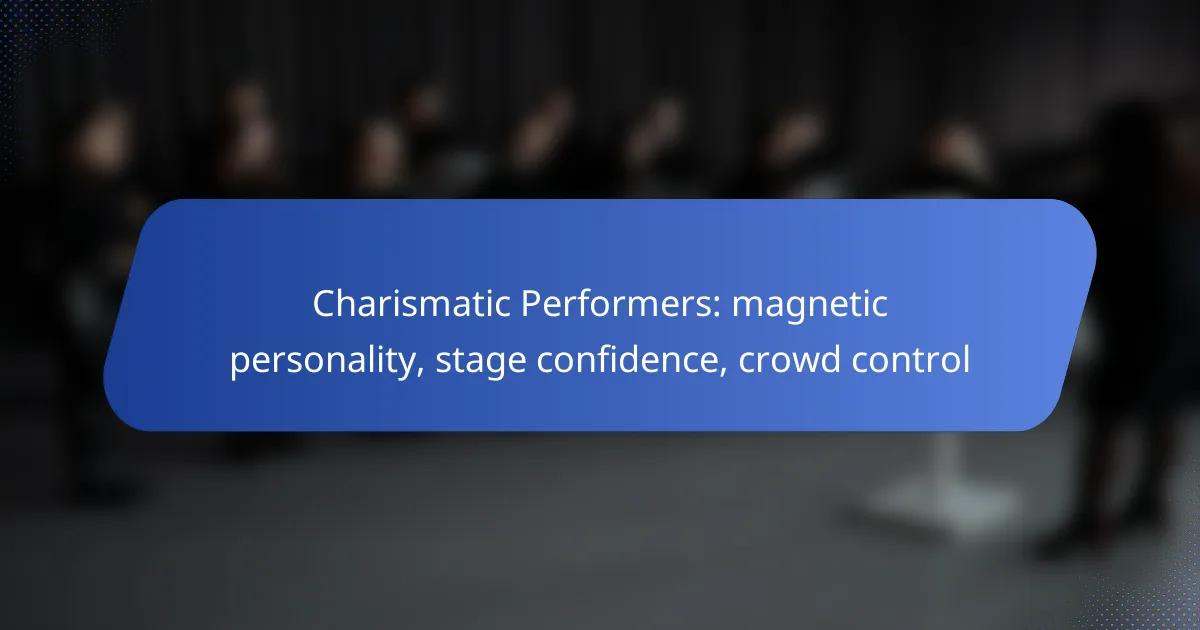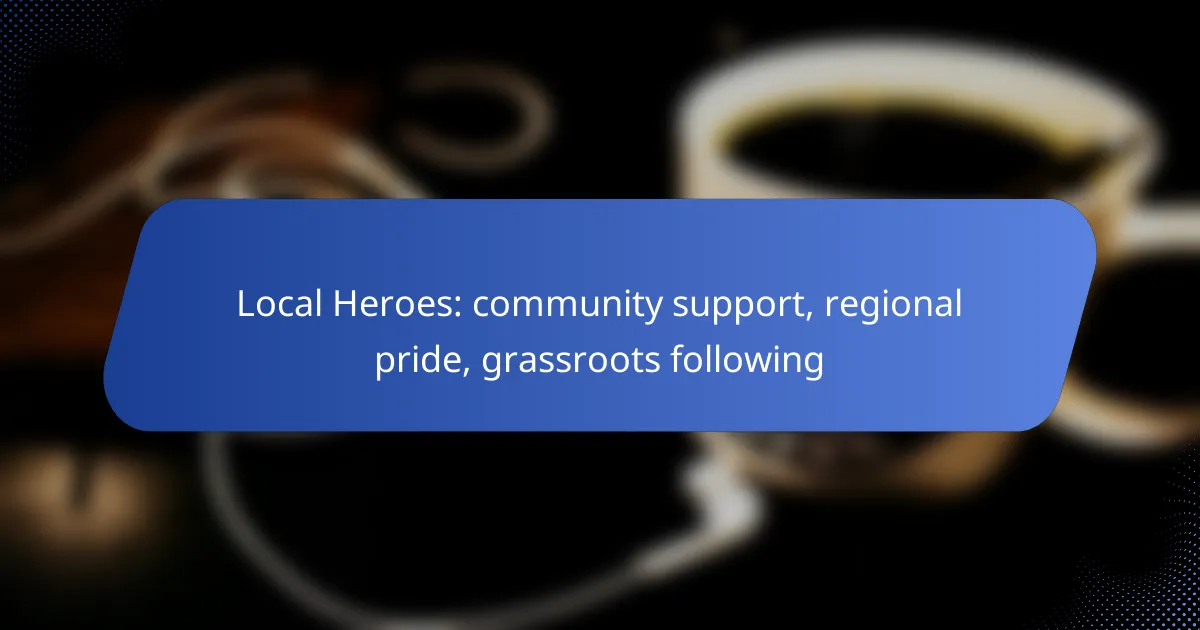Reality shows captivate audiences by presenting authentic experiences and relatable narratives that reflect everyday life. Through personal journeys and shared struggles, viewers develop a deep emotional connection with the participants, investing in their growth and challenges. This relatability fosters empathy, making the stories resonate long after the credits roll.

How do reality shows create viewer connections?
Reality shows create viewer connections by showcasing authentic experiences and relatable narratives that resonate with audiences. By focusing on real-life situations and personal journeys, these programs foster a sense of empathy and investment in the characters’ lives.
Relatable characters
Relatable characters are central to building viewer connections in reality shows. When audiences see individuals who reflect their own struggles, aspirations, or backgrounds, they are more likely to engage emotionally. For example, contestants from diverse socioeconomic backgrounds can mirror viewers’ own experiences, making their journeys more impactful.
Producers often select participants who embody various personality traits and life challenges, ensuring a broad spectrum of relatability. This diversity allows viewers to find someone they can identify with, enhancing their emotional investment in the show.
Emotional storytelling
Emotional storytelling is a key element in reality shows that strengthens viewer connections. By highlighting personal struggles, triumphs, and transformative moments, these narratives evoke empathy and understanding. For instance, a contestant overcoming personal adversity can resonate deeply with viewers facing similar challenges.
Effective storytelling often includes dramatic arcs, such as conflicts or reconciliations, which keep audiences engaged. Producers may use techniques like flashbacks or confessional interviews to deepen the emotional impact, allowing viewers to connect with the characters on a more intimate level.
Audience engagement
Audience engagement is crucial for maintaining viewer connections in reality shows. Many programs encourage viewers to participate through social media interactions, voting, or live discussions, creating a sense of community. Engaging with fans through platforms like Twitter or Instagram can enhance their attachment to the show and its characters.
Producers often leverage audience feedback to shape storylines or character development, making viewers feel like they have a stake in the outcome. This interactive approach not only boosts viewer loyalty but also fosters a shared experience among fans, further solidifying their connection to the show.

What makes a reality show relatable?
A reality show becomes relatable when it mirrors the everyday experiences and emotions of its viewers. This connection is often built through shared struggles, authentic reactions, and real-life challenges faced by the participants.
Everyday struggles
Reality shows often highlight everyday struggles that resonate with viewers, such as financial difficulties, relationship issues, or work-life balance. These relatable scenarios allow audiences to see themselves in the participants’ situations, fostering empathy and connection.
For example, a show featuring contestants managing tight budgets or navigating family dynamics can evoke strong feelings of relatability. Viewers may find comfort in knowing that others face similar challenges, making the show more engaging.
Authentic reactions
Authentic reactions are crucial for relatability in reality shows. When participants express genuine emotions—whether joy, frustration, or vulnerability—it creates a deeper bond with the audience. Viewers appreciate seeing real people respond to real situations.
For instance, candid moments of laughter or tears during pivotal events can resonate strongly, as they reflect the viewers’ own experiences. This authenticity enhances the overall viewing experience and encourages audience investment in the participants’ journeys.
Real-life challenges
Real-life challenges depicted in reality shows further enhance their relatability. These challenges can range from health issues to personal growth journeys, allowing viewers to witness the resilience and determination of the participants. Such narratives can inspire and motivate audiences.
Shows that incorporate themes of overcoming adversity or tackling significant life changes often leave a lasting impact. For example, a contestant’s journey through a major life transition can mirror the experiences of many viewers, making the show feel more relevant and meaningful.

Which reality shows have compelling journey stories?
Reality shows with compelling journey stories often focus on personal growth, challenges, and the evolution of contestants over time. These narratives resonate with viewers, creating a strong emotional connection as they witness participants navigate obstacles and triumphs.
The Amazing Race
The Amazing Race showcases teams racing around the globe, facing various cultural challenges and tasks that test their teamwork and resilience. Each leg of the race highlights personal stories, revealing how contestants grow and adapt through their experiences in different countries.
Viewers connect with the journey as they witness the highs and lows of each team, making it relatable and engaging. The diverse locations and tasks provide a rich backdrop for personal development, showcasing how contestants overcome fears and strengthen bonds.
Survivor
Survivor places contestants in remote locations where they must outwit, outplay, and outlast each other while facing physical and social challenges. The journey is not just about survival; it’s about strategy, alliances, and personal transformation as players navigate the complexities of human relationships.
Each season features contestants from various backgrounds, allowing viewers to see different perspectives on resilience and adaptability. The emotional arcs of players often lead to powerful moments that resonate deeply with the audience, making their journeys memorable.
Big Brother
Big Brother isolates contestants in a house under constant surveillance, where they must form alliances and strategize to avoid eviction. The journey is marked by social dynamics, personal conflicts, and unexpected twists that reveal the contestants’ true characters over time.
This reality show emphasizes psychological gameplay, allowing viewers to witness how individuals evolve in response to the pressures of living together. The relatable struggles of trust, betrayal, and personal growth create a compelling narrative that keeps audiences invested in the contestants’ journeys.

What role does audience feedback play in reality shows?
Audience feedback is crucial in shaping the direction and success of reality shows. It influences everything from storyline development to contestant popularity, creating a dynamic interaction between viewers and producers.
Influencing storylines
Producers often adjust storylines based on audience feedback to enhance viewer engagement. For instance, if a particular contestant garners significant viewer support, producers may highlight their journey more prominently in episodes. This responsiveness helps maintain viewer interest and investment in the show’s narrative.
Additionally, audience reactions can lead to the introduction of new twists or challenges that align with viewer preferences. This adaptive storytelling approach keeps the content fresh and relevant, ensuring that it resonates with the audience’s expectations.
Viewer polls and votes
Many reality shows incorporate viewer polls and voting mechanisms to determine outcomes, such as eliminations or rewards. This direct involvement allows fans to feel a sense of ownership over the show’s progression. For example, shows like “Survivor” or “The Voice” often rely on audience votes to decide which contestants advance.
Producers typically announce voting windows, allowing viewers to cast their votes via phone or online platforms. This method not only boosts engagement but also creates a competitive atmosphere that encourages viewers to participate actively.
Social media interactions
Social media serves as a powerful tool for audience feedback, enabling real-time interactions between fans and reality shows. Contestants often engage with viewers on platforms like Twitter and Instagram, sharing their experiences and responding to fan comments. This interaction fosters a deeper connection and enhances viewer loyalty.
Producers monitor social media trends to gauge audience sentiment and adjust content accordingly. For example, if a contestant becomes a trending topic, producers may choose to feature them more prominently in upcoming episodes, capitalizing on their popularity to drive viewership.

How do producers select participants for relatability?
Producers select participants for relatability by focusing on traits that resonate with viewers, such as shared experiences, diverse backgrounds, and emotional journeys. This approach helps create a connection between the audience and the cast, enhancing viewer engagement and investment in the show’s narrative.
Demographic diversity
Demographic diversity is crucial for relatability, as it reflects the varied backgrounds of the audience. Producers often seek participants from different age groups, ethnicities, and socioeconomic statuses to ensure a broad representation. This variety allows viewers to see themselves in the cast, fostering a deeper emotional connection.
For example, a reality show might feature contestants from urban and rural settings, providing contrasting perspectives that appeal to a wider audience. This inclusion can enhance discussions and relatability among viewers from different walks of life.
Personal backstories
Personal backstories play a significant role in how producers select participants for relatability. Compelling narratives about overcoming challenges, pursuing dreams, or navigating personal struggles can captivate viewers. These stories often evoke empathy and allow audiences to connect with contestants on a more profound level.
Producers may prioritize individuals with unique or inspiring experiences, such as those who have faced adversity or achieved significant milestones. This focus on storytelling helps create a rich tapestry of human experiences that resonates with viewers.
Conflict potential
Conflict potential is another key factor in participant selection, as it can drive drama and engagement. Producers look for individuals who may clash due to differing personalities, values, or backgrounds, which can lead to compelling storylines. These conflicts not only entertain but also highlight relatable issues that viewers may face in their own lives.
For instance, a reality show might cast participants with opposing viewpoints on a significant issue, creating tension that keeps viewers invested. However, producers must balance conflict with relatability to ensure that audiences can empathize with the contestants involved.

What are the psychological effects of watching reality shows?
Watching reality shows can significantly impact viewers’ emotions and behaviors, often fostering a sense of connection and empathy towards the participants. These shows can evoke strong feelings and influence viewers’ perceptions of social norms and relationships.
Empathy development
Reality shows often present relatable characters facing real-life challenges, which can enhance viewers’ empathy. By witnessing the struggles and triumphs of participants, audiences may develop a deeper understanding of diverse perspectives and emotional experiences.
This empathy can translate into real-world benefits, such as improved interpersonal relationships and increased emotional intelligence. For example, viewers might find themselves more compassionate towards friends or family members facing similar issues as those depicted on screen.
However, it’s essential to balance reality show consumption with other forms of media to avoid skewed perceptions of reality. Engaging with a variety of content can help maintain a well-rounded view of human experiences and emotions.










